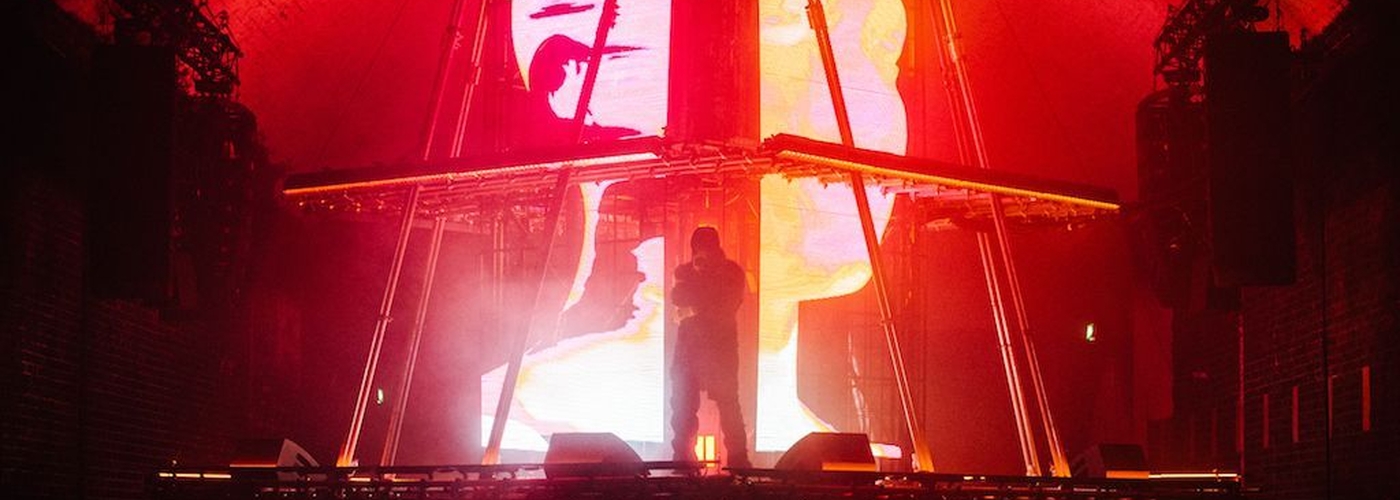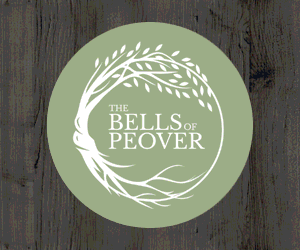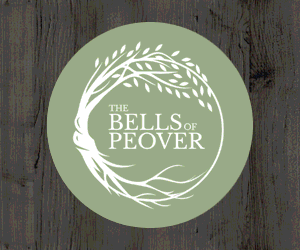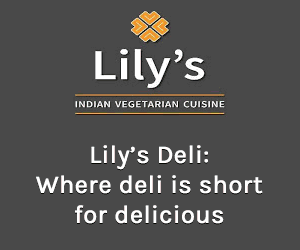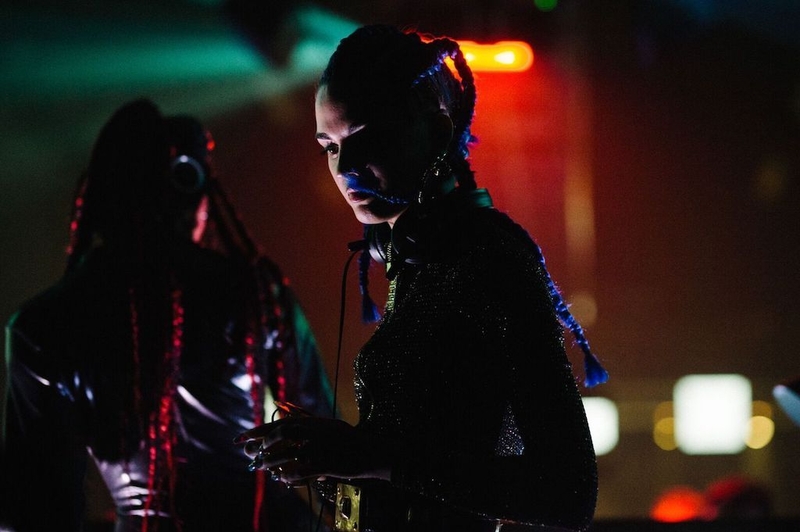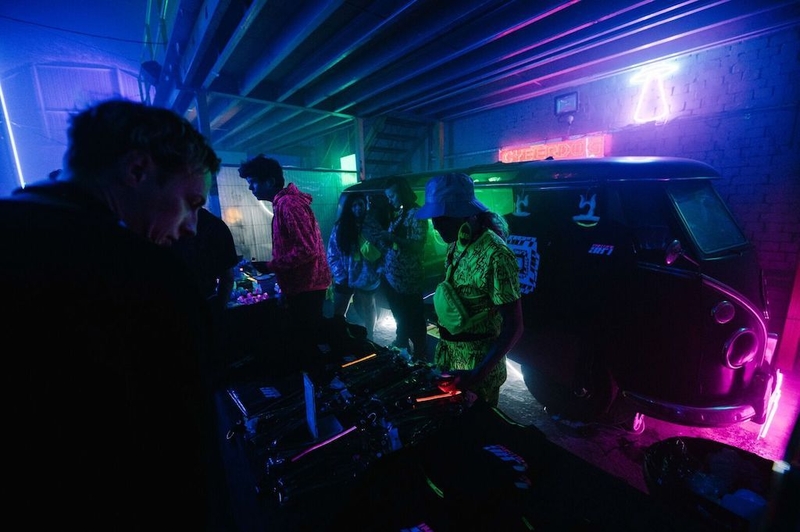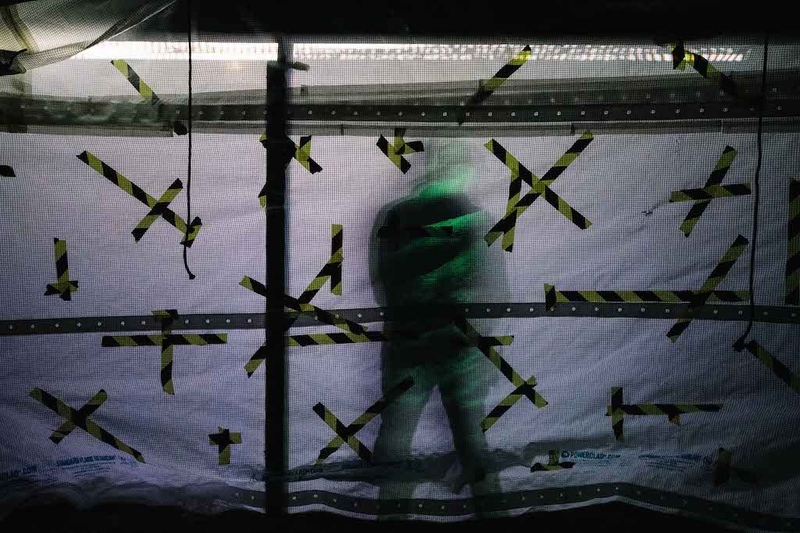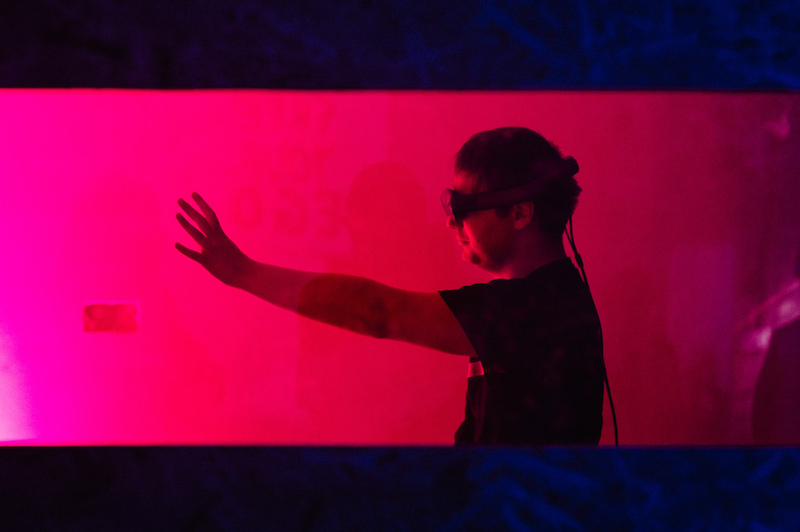Defying a stalling ‘Northern Powerhouse’, culture has seen staggering growth
After an eighteen-day whirlwind of world premieres and dynamic collaborations, Manchester International Festival has closed its doors for another two years. As with previous editions, 2019 saw an offbeat medley of performances that baffled and delighted in equal measure - and our reviewers were no exception.
The final week of MIF19 saw the premiere of Thank You Very Much, in which choreographer Claire Cunningham and an ensemble of leading disabled performers explored identity though the prism of Elvis tribute artists. Our Joan Davies called it “a stunningly engaging and thought-provoking piece, whose pace provided room for contemplation. Reminiscent of Quarantine (a local theatre company whose shows challenge the boundaries of traditional theatre), its focus on preparing for a show raised questions of identify and image, and highlighted the value of respectful communal work. Joyous and warming.”
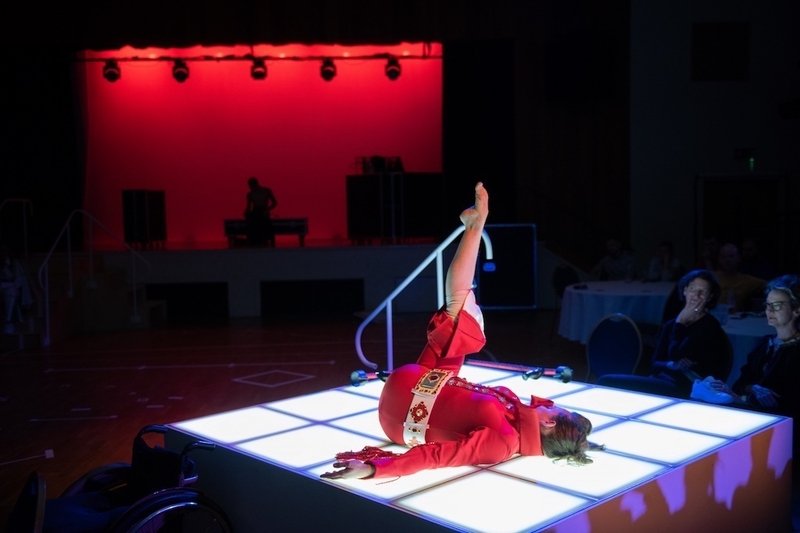
Tribute artists at a North Manchester (Ukrainian) social club with decent beer prices. Surely not MIF? But, as Davies pointed out, this is one festival that likes to change things up. The gamble certainly paid off in the last few days, which - alongside the family-friendly ‘Animals of Manchester’ takeover at the Whitworth and an electronic evening at O2 Ritz - saw grime artist Skepta host a dystopian rave behind Mayfield (a location only revealed on the night itself). Sold out almost immediately, it was one of MIF’s most anticipated shows. Here’s what our social media manager had to say…
“I never thought the future of rave would be bargaining for face paint with a hug but it was and I loved it. Considering my job, being denied access to my phone was both daunting and (dare I say it) freeing. As I went to the event on Friday, I’d seen some *spoilers* of the location but it was still radio silent past a certain point: all I had was the meeting location and the dress code ‘rave’.
“Upon entering the location a computer ’scanned’ us, before we entered a Blade Runner-esque market with stalls selling neon braids, infrared pictures and face paint. I was given a purple token which it transpired was worthless, and had to bargain with one of the ‘cyber stewards’ to get a green token I could exchange for face paint.
“After that, I entered the DJ experience of dreams: one of the trippiest sets in one room, Skepta’s in a surprise third, in which the grime artist performed 360 from on high. This was the best thing I’ve both seen and experienced at MIF. I loved it start till finish and would happily visit this dystopia over and over again.”
Needless to say, a festival like MIF doesn’t come cheap: 2015’s festival received £12m in funding, and cost the same to produce, while philanthropic and corporate giving alone surpassed £2.3m for this year’s episode. It pays off, however, with MIF17 boasting an economic impact of £40.2m.
Not only that, a recent Arts Council England report reveals that Greater Manchester now has the largest arts and culture sector in the North. Covering the period from 2011 to 2016, it also found that culture contributed £434 million Gross Value Added (GVA) to the northern economy in 2016, a 63% increase from 2011. Greater Manchester additionally has the largest number of people employed in the arts and culture sector in the North (3,974 people), equating to nearly half of all people employed in the sector in the North West.
MIF17 boasted an economic impact of £40.2m
The report focuses on economic trends in the arts and culture sector in the North, including cultural tourism, from 2011 to 2016. It looks at a wider impact arts and culture has on other sectors across the North as well as external factors on place making, regeneration, wellbeing and communities - also considering the impact of public funding including investment from Arts Council England.
Speaking in the run-up to Manchester International Festival 2019, Pete Massey, Arts Council England’s director for northern economy and partnerships, said: It is no surprise to find that Greater Manchester’s arts and cultural sector is thriving and is making a significant contribution to the North’s economy.
“It’s great that culture is being seen as an important resource for the city region; not only impacting directly on the economic health of the area, but also making a significant contribution to the visitor economy, making Greater Manchester towns better places to live and, of course, contributing to the wellbeing of local communities. With the Northern Powerhouse investment in The Factory, our investment in areas like Bolton - supporting the refurbishment of the Octagon Theatre - and the new Local Industrial Strategy acknowledging the role of creativity and culture, the future looks bright.”
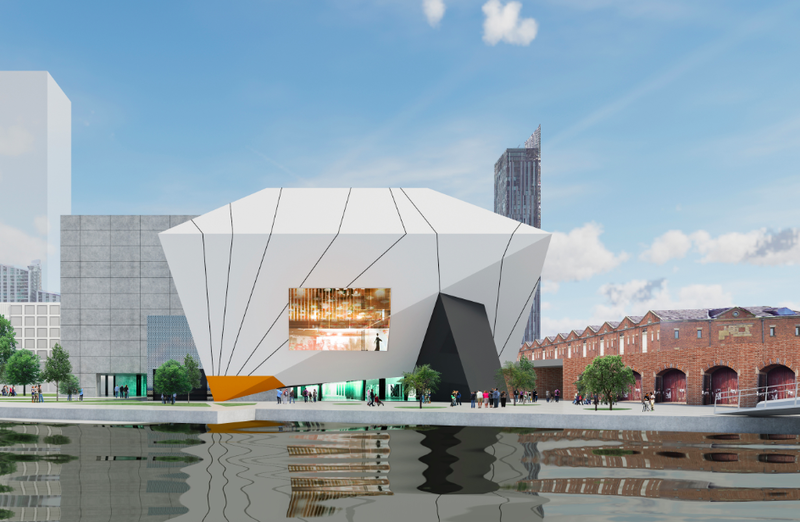
As for the ‘Northern Powerhouse’ as a whole, we’re not so convinced: as Lucy Tomlinson points out, the scheme has not delivered on its promises - despite some areas boasting promising statistics that perhaps would have transpired anyway. She also ponders if the ‘Greater Manchester Local Industrial Strategy’ Massey refers to is “just the Northern Powerhouse but this time a party for one.”
But it’s hard to argue that culture here, at least, isn’t thriving - Northern Powerhouse or otherwise. And it’s not just Greater Manchester, as the statistics below show (you can see the full report here). As MIF prepares to makes its Factory debut in 2021, it looks like a bright future for arts and culture indeed.
Arts and culture in the North West (2011-2016)
- The North West arts and cultural sector has contributed £807 million Gross Value Added (GVA) to the Northern economy in 2016, which is a staggering 59% increase from 2011
- In 2016 the arts and culture sector created £1.6 billion in turnover across the North West, a 48% increase from £1.1 billion in 2011
- The industry now employs 8,250 across the North West, an unprecedented 81% increase since 2011. 49% of the people employed in the arts and culture sector in the North work in the North West
- In 2016 it is estimated that spending generated by overseas cultural visitors in the North West was £322 million from museum visits, £161 million from visits to art galleries and £219 million from attendance at live music venues
- Domestic cultural tourism which involves some arts and cultural activity accounted for £358 million spending in the North West in 2015
Arts and culture in the North (2011-2016)
- The sector contributed £1.4 billion Gross Value Added (GVA) to the Northern economy in 2016, a 44% increase from 2011
- During this same period, the sector contributed a turnover of £2.7 billion to the North’s economy, a huge increase of over £680 million from 2011
- The industry now employs 16,700 across the North, which is an increase of over 5,000 jobs since 2011
Images of DYSTOPIA987: Jordan Hughes





